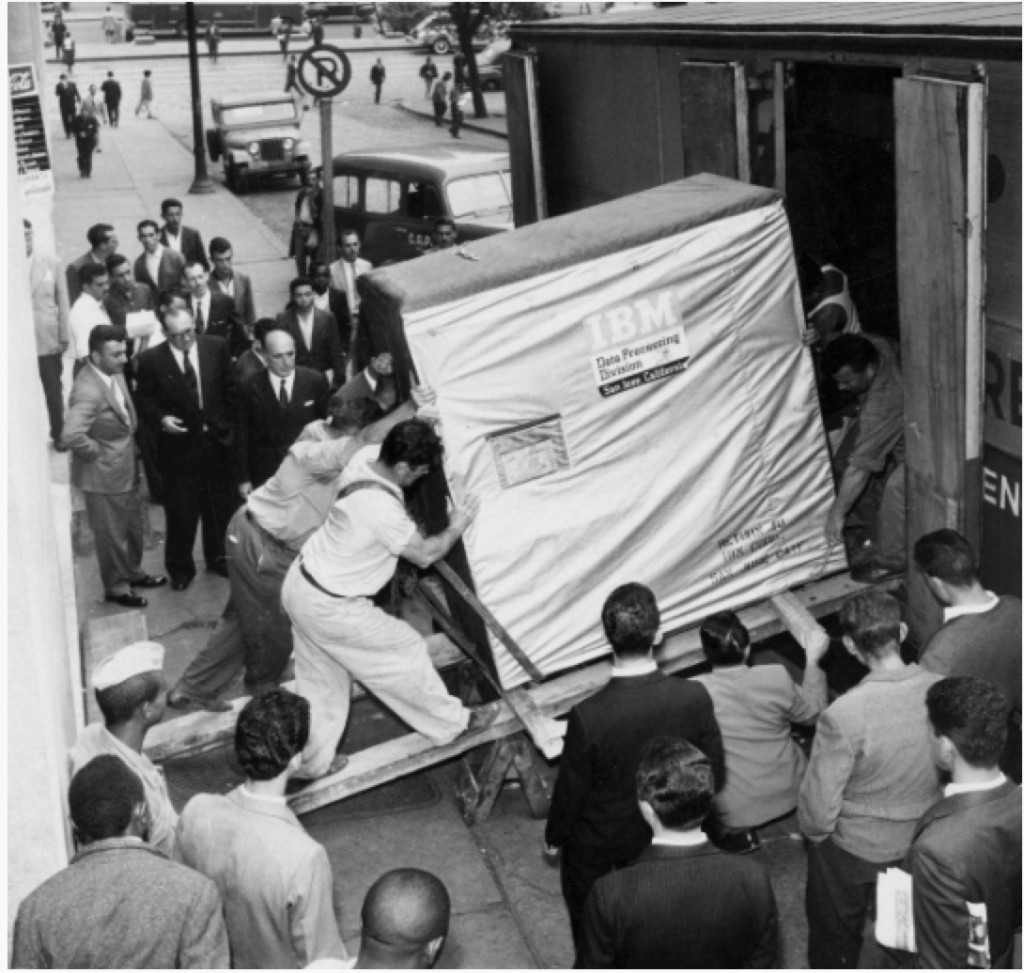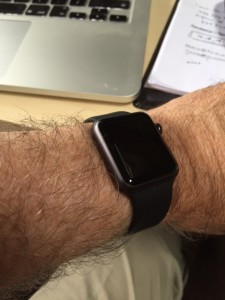Somehow I think it’s going to take quite a while to get to self-driving nirvana. For one thing, autonomous vehicles require digital mapping that is an order of magnitude more detailed than anything in Google Streetview. Secondly, those maps need to be continually updated, because even an unexpected new mini-roundabout might confuse the vehicle and cause an accident.
Accidents, whether caused by human error or unpredictable road conditions, are an unfortunate reality of modern transportation. One moment of distraction or an unmarked hazard can lead to serious consequences for everyone involved. That’s why navigating the legal aftermath of a collision isn’t something to be taken lightly—because often, the circumstances surrounding an incident are more complex than they appear at first glance.
In situations where liability is unclear or multiple parties may be at fault, having an experienced legal team becomes crucial. That’s where Gammill Law comes into play—known for cutting through the noise and getting to the heart of what actually happened. They understand that each case requires a meticulous approach, from analyzing traffic patterns to reviewing maintenance records and driver behavior, all to ensure the right party is held accountable.
Accidents don’t just happen on highways—they can occur anywhere, from parking lots and pedestrian crossings to workplaces and construction zones. Whether it’s a car crash, a slip and fall, or an injury due to faulty equipment, the consequences can be just as devastating, and the legal process just as complex. That’s why having the right legal support from the very beginning is vital to protecting your rights and ensuring you don’t get lost in a system that often favors larger entities with deeper pockets.
George Pearson Law stands out for its unwavering commitment to digging deep into every detail, ensuring no stone is left unturned when building a case. They know that the real story behind an accident isn’t always obvious, and they work closely with clients to piece together facts that might otherwise be overlooked. From medical documentation to eyewitness accounts and expert testimony, having a skilled team ensures your side is represented clearly and powerfully. When an accident disrupts your life, you deserve a legal advocate who takes your situation seriously and fights to make things right.
Accidents involving trucks can be especially complex due to the scale of the vehicles involved and the potential for severe injuries. In cases where a truck accident occurs, determining liability often requires an understanding of multiple factors, from the driver’s actions to the condition of the vehicle and the maintenance history. The Kansas Truck Accident Lawyer is an expert in handling these types of cases, where the stakes are higher, and the consequences can be life-altering. In these instances, having a lawyer who understands the intricacies of both state and federal trucking regulations can make all the difference in the outcome of your case.
Trucking companies are often well-resourced and backed by legal teams, which can make it difficult for victims to get the compensation they deserve. Whether it’s a collision with a commercial truck or a crash caused by negligent truck driver behavior, it’s essential to have an attorney who can investigate every angle of the case.
But the biggest obstacle might come from what supposedly kept Harold Macmillan awake at nights – “events, dear boy, events”. Driving in Devon last weekend, I came on a number of temporary traffic lights at roadworks, and wondered how an autonomous vehicle would cope with them. After all, they would not appear on its digital map; and although it would be programmed to look for a red light in a standard position at a junction, it might not “see” a temporary one.
Devon is a ravishing county, but it has one quirk from the motorist’s point of view: it has lots of extremely narrow lanes, most of which have high hedges growing on either side. There are occasional passing places which allow two vehicles to edge past one another. This is fine until a procession of three or four vehicles meets another procession of several cars stuck behind a truck, at which point the only way to reach a solution involves a good deal of human-to-human negotiation. This is something that even the dumbest human is good at, but which will lie beyond the capability of even the smartest machine for some time to come…


